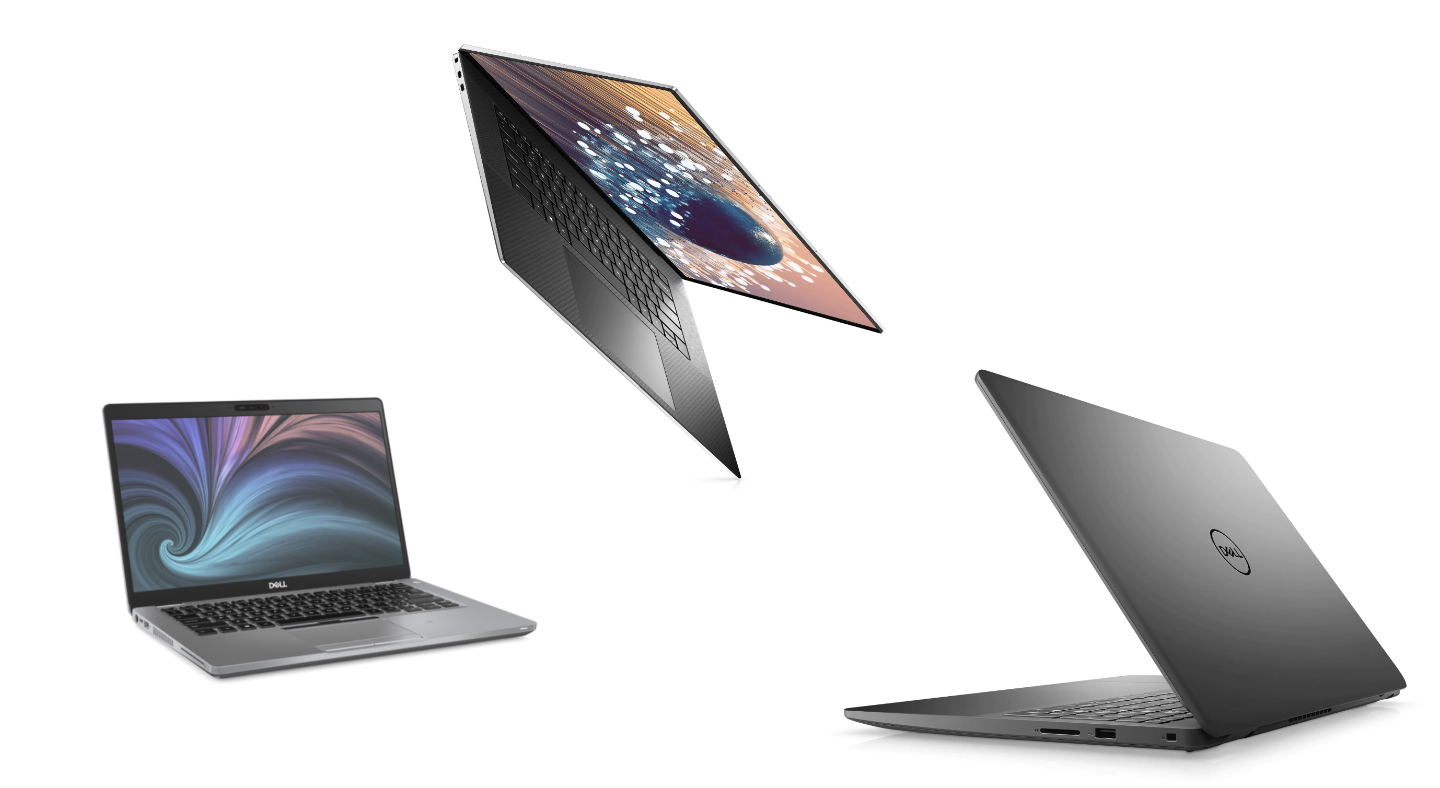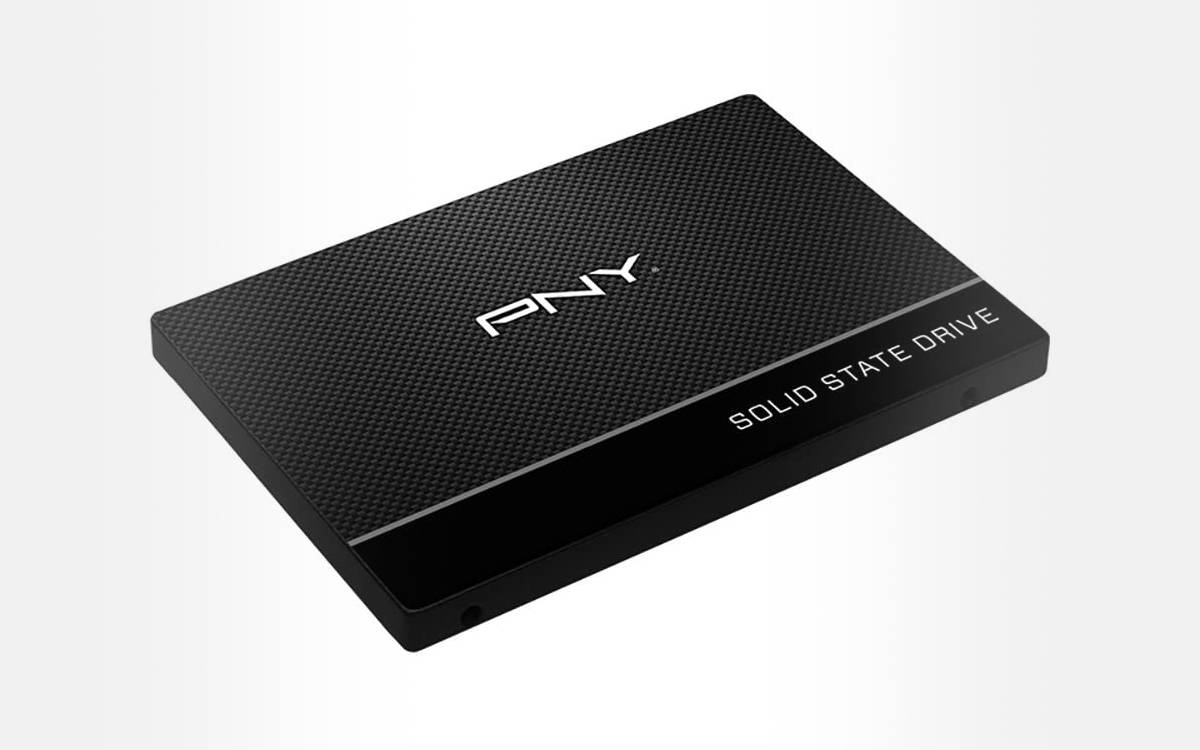
Since we started seeing the first images of the Android 12 betas, its design was the protagonist. It was the first contact with Material You and, with the official arrival of the operating system, we have been able to verify the importance that Google has given to a very well thought-out interface change, and that it offers a really attractive user experience.
Material You is, as we told you at the time, the evolution of Material Design, probably Google’s most successful design paradigm, and that not only extends throughout the company’s ecosystem of apps and services, but has also significantly influenced the design of interfaces and graphic elements from many other sources. As we already remembered in the publication that I mentioned earlier, with Material Design Google scored a point similar to that achieved by Apple, on more than one occasion, with some of its designs over the years.
With the success of Material Design, it was to be expected that its evolution would maintain the level, and although there are opinions for all tastes in this regard, many of us think that Material You has not only kept the level of its predecessor, but has improved it. The problem is that, until now, only the owners of the Google Pixel 6 and Pixel 6 Pro can enjoy all its virtues. Why? Because there are many manufacturers that, even installing Android 12, put a customization layer on it with which the design of the operating system is lost.
This, however, could be about to change since, according to Android Police, Google wants to impose Material You on manufacturers to unify the Android 12 user experience. Thus, according to internal Google documentation to which this medium would have had access, all Android 12 builds customized by manufacturers that reach Google as of March 14 must compulsorily comply with certain requirements related to Material You.
And what control can Google exercise at this point? Well, a lot, actually. And it is that when I mentioned that custom Android builds are sent to Google, I did not mention that the reason for such sending is that the browser company must validate them so that they can use Google services. In other words, If Google does not approve the design, the manufacturer will be able to include Android 12 on its devices… but without Google servicesthat is to say, exactly the same situation of Huawei after the veto of the United States.
Specific, developers will need to use Monet, the system component responsible for Android 12’s color scheme, a key element of Material You, and which is responsible for generating multiple color palettes from a single source color. These palettes, generated dynamically, are the ones used in all the elements of the system and of the apps that also use Material You (currently those of Google).
ANDn its launch, Monet was exclusive to Google Pixels, but with Android 12L this engine will reach AOSP, the Android base used by developers to create their own builds of the operating system. With this change alone, manufacturers would already be able to apply Material You-based designs to their development interfaces, but with this change, if confirmed, this would no longer be a choice, but an obligation.



